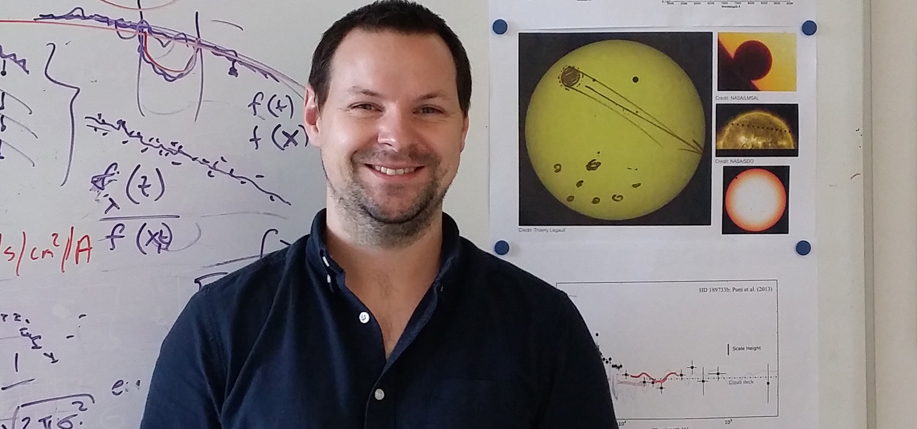Astronomers at Queens University Belfast have aided in detecting titanium oxide in the atmosphere of an exoplanet (or extrasolar planet, the name given to a planet outside of our solar system that orbits a star) for the very first time in September. This reveals groundbreaking information about exoplanet WASP-19b, which is notable for possessing one of the shortest orbital periods of any known planetary body and its large size, akin to that of Jupiter.
With the help of the European Southern Observatory’s Very Large Telescope, the team discovered new information about the swelteringly hot conditions of WASP-19b. “We used an algorithm that explores many millions of spectra spanning a wide range of chemical compositions, temperatures, and cloud or haze properties in order to draw our conclusions,” explained student Elyar Sedaghati in the journal Nature, where the study’s results were unveiled.
“These results are the culmination of many years of work in improving these techniques,” said Queens University Belfast researcher Dr. Neale Gibson. “In the near future, we hope to use these techniques on more Earth-like worlds, and explore the diversity of terrestrial planets in our neighborhood.” ♦
QUB Study’s Astronomical Breakthrough


Leave a Reply